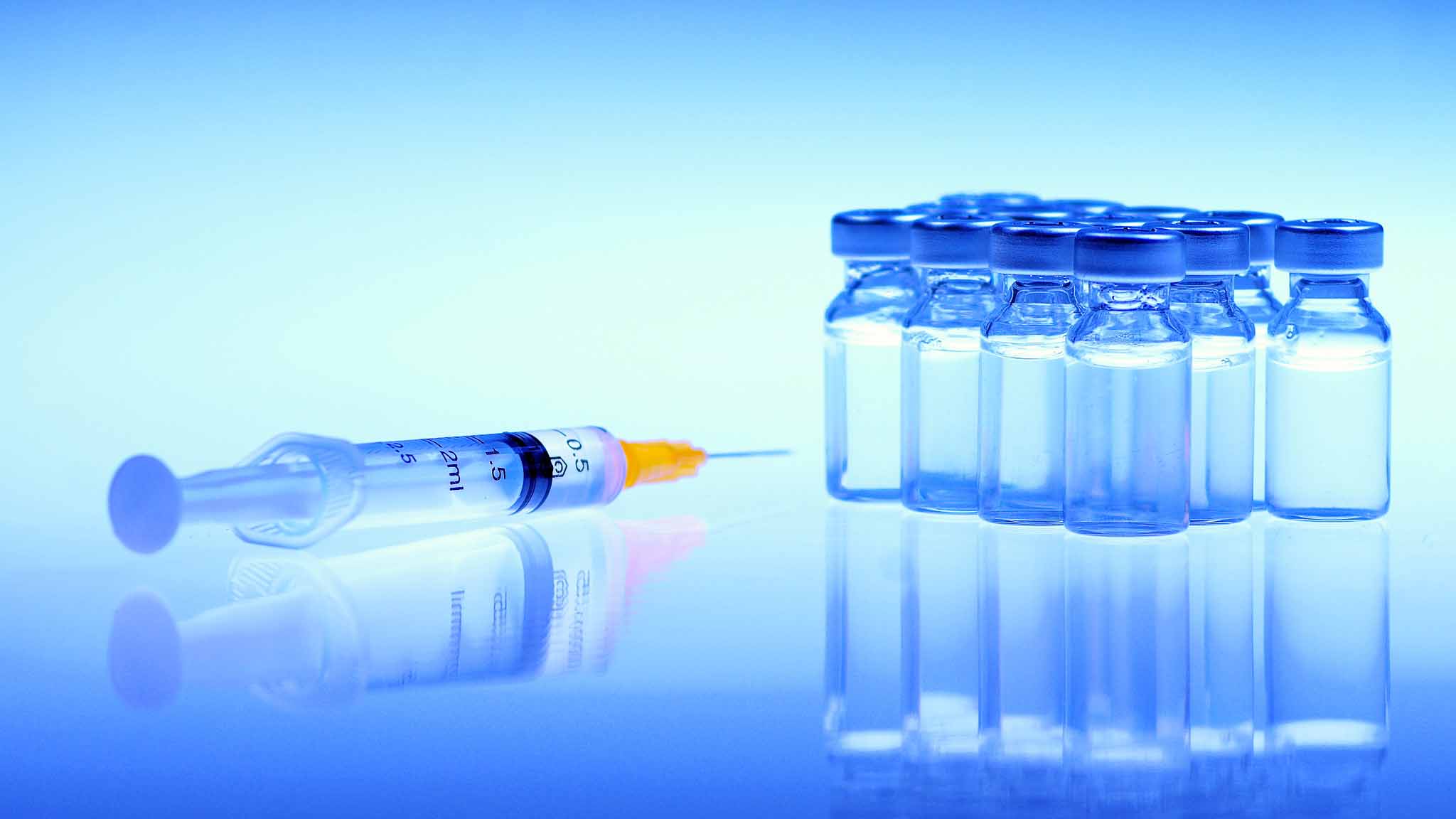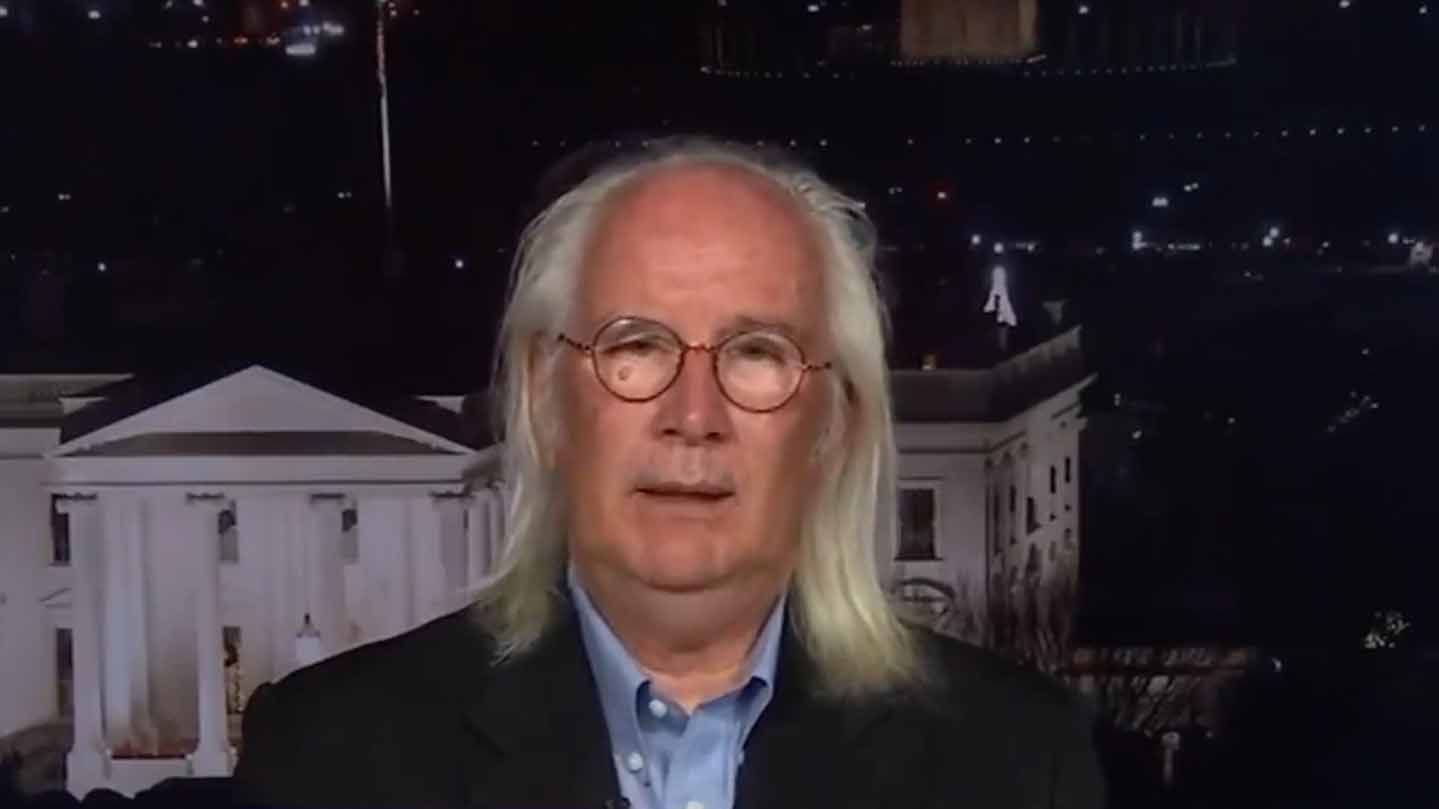00:58

The COVID-19 vaccine is a race the whole world will win. How long will it take vaccines to contain the pandemic? How can fair access be ensured?
The U.S. has rapidly expanded its vaccination drive, as hundreds more hospitals begin inoculations. Additionally, a second vaccine is on the verge of being authorized for use. Dr. Dennis Carroll, president of Global Virome Project, said it was hard to imagine six months ago that we would not have one but multiple extremely effective and safe vaccines by the end of this year. He said, "The fact that at the end of this year, with the rollout in the United States, the United Kingdom and other countries right now of this vaccine really speaks the volume of the extraordinary work done by the scientific community globally."
In response to the reservations about the safety of the vaccines, Dr. Carroll acknowledged that the vaccines have been generated in a rushed process, but there has been unprecedented transparency in the review process for the vaccine trials, so we should have a high level of confidence in the trials' results. He also noted that a heightened level of monitoring populations after vaccination is needed to ensure the safety seen in the trials plays out on a larger scale.
Dr. Muhammad Munir, a virologist and lecturer of biomedicine at Health and Medicine of Lancaster University, pointed out that although the Pfizer-BioNTech vaccines are 95 percent effective, the effectiveness has been calculated against the severe form of the disease. So, questions like whether the people who are vaccinated would be protected against the infection or would be stopping the spread of the infection need to be addressed.
01:06

Dr. Munir said the vaccines available now will certainly save lives, but if vaccinated people can still spread the virus, there will be relatively little impact on the shortening of the life of the pandemic. But altogether we have to achieve at least 70-75 percent population herd immunity until we really start counting the benefit offered by the vaccines."
Professor Zhang Linqi, head of the research team at School of Medicine from Tsinghua University, said the Pfizer-BioNTech and Moderna vaccines have shown great promise in terms of safety and efficacy, but how durable those immune responses will be to provide protection is a major question that could take a year or two to answer. In addition, Zhang said he is expecting a better delivery strategy that will lift the burden of issues like logistics.
Dr. Carroll warned that even as vaccines are becoming available, the requirement of wearing a mask and appropriate safe distancing is still in place. "It's only when we get the type of coverage…in excess of 70 percent and certainly all of the high-risk groups, health workers, elderly and those people with pre-existing conditions, once we get that population covered … in the year 2021 certainly between the second and third quarter we'll start seeing the opportunity to begin relaxing some of these stringent measures that have affected all of us." Dr. Carroll concluded.
"Dialogue" is a prime time English-language daily talk show on CGTN. The 30-minute program covers a wide range of domestic and international topics, providing a balanced and critical perspective on current affairs and analysis within the framework of cross-cultural and multi-disciplinary comparisons.
Schedule: Monday-Sunday
Time (GMT): 03:30, 11:30, 19:30
(If you want to contribute and have specific expertise, please contact us at opinions@cgtn.com.)

